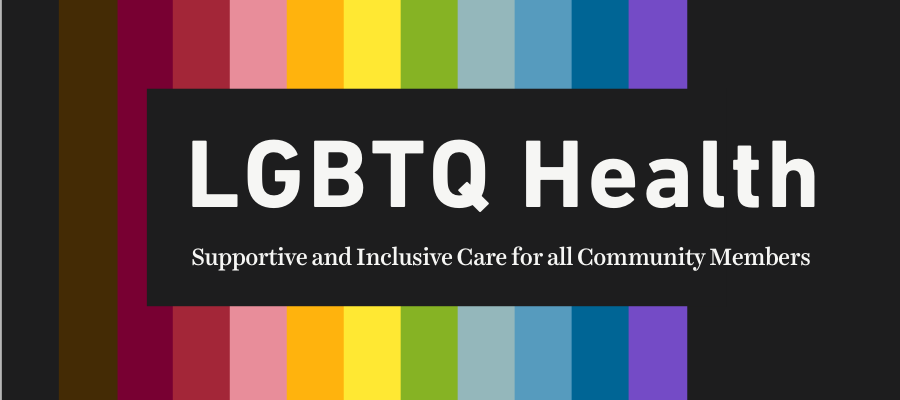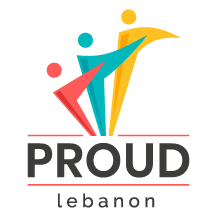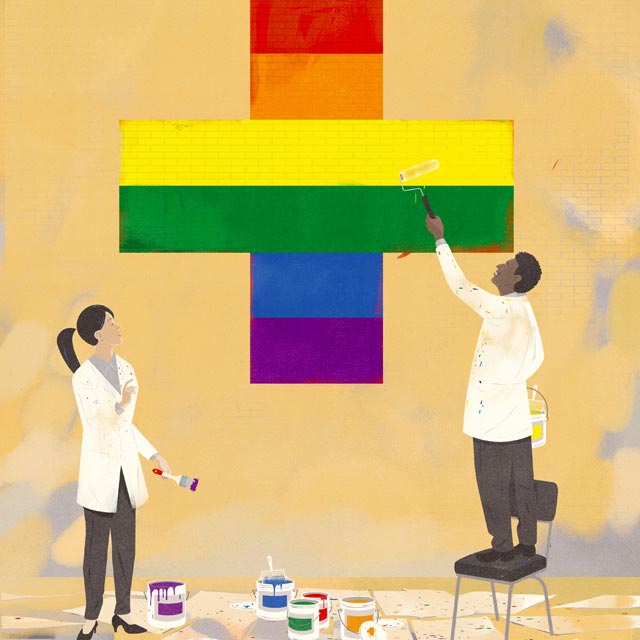Our Health system, a Bitter Reality
– By TK –
Since early forms of the practice of medicine, health care services were offered to patients and have been subject to continuous improvement in order to meet up with both human rights and the dynamic health field requirements. But the quality of the health care services varies between different countries depending on their development and hence their medical progress as well as among different social groups within the same country, depending on several factors such as socio-economic status, gender, sexual orientation etc… The concept of health care quality is vague, but the institution of medicine has already established a clear definition to it which is “the extent to which health services provided to individuals and patient populations improve desired health outcomes” (Pelletier & Beaudin, 2008) .
Another definition of health is set by the WHO: “it is a state of complete physical, mental, social, spiritual and emotional well-being and not merely the absence of disease or infirmity” (O’Shea, J.D., 2009, p 105). Though differently stated, both definitions perceive health at a holistic level that aims to optimize human health.
The purpose of this study is to shed light on the quality and evaluate of health care provided to the LGBT community internationally and in Lebanon.
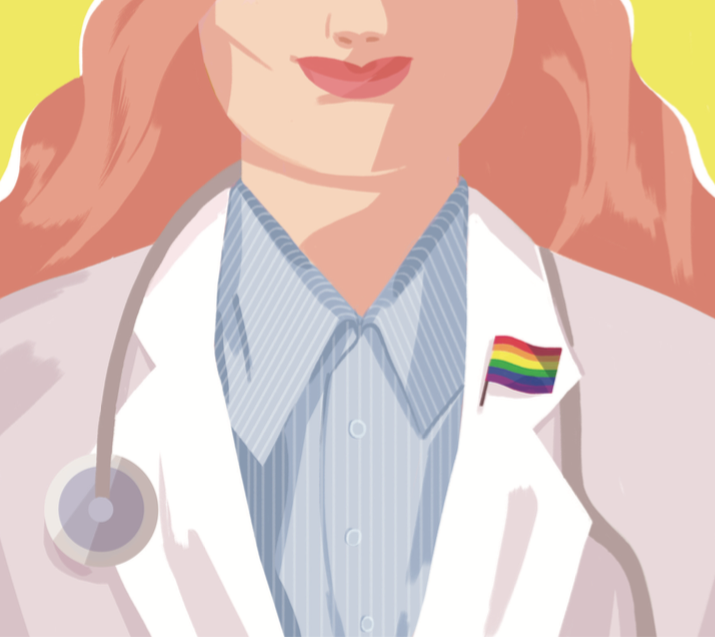
For the past four decades approximately, the LGBTs has been working hard to ameliorate their rights in many domains including the health field. In countries like the United Kingdom , the United States of America, Australia, Belgium and Canada for instance, LGBTs achieved several goals such as equality and recognition as well as earned security and civil privileges ensured by governmental laws. In UK for example, discrimination based on sexual orientation in any service or activity comprising the health care system is illegal since 2007. Similarly, in Canada, there’s a policy known as the “Anti-Homophobia Policy” which ensures Canadian LGBTs’ civil rights and liberties as well as serving as a basis for the Canadian government to eventually eliminate all forms of homophobia across the nation. It also covers all sectors among which public security, health services, employment and family judgment, etc… and even protects LGBT immigrants alongside Canadian LGBT citizens (Daley & MacDonnell, 2011) .
Nonetheless, with all the improvement and the ongoing efforts of legislation that have been implemented over the decades to reform LGBT equity in the health field specifically, many problems still exist and need to be further highlighted and closely studied in order to be tackled and solved eventually. One of these issues is the ignorance, misinformation and the lack of education regarding the subject gender leading to heteronormative mentalities, and thus discrimination which is still practiced even in supposed LGBT-friendly countries. Based on that, stigmatization and exclusion is still an issue faced by this community, leading to further alienation. This affects radically the LGBTs’ access to health care (which is a basic human right) and consequently to the loss of their trust in the system.
As for Lebanon, the services offered to LGBTs by the National Aids Program (NAP), is the only official assigned health service that incorporates this group. In 2009 a study was conducted in Lebanon by Dr. Faysal el Kak, and revealed the extent of homophobia, ignorance, and unprofessionalism that exists in the country. The population picked up includes 72 physicians from different disciplines: obstetrics/gynecologists, family medicine and internal medicine. Most of them are Lebanese (97.2%) males (86.1%), and married (76.4%). Among these physicians, 56.9% reveal always practicing evidence based medicine, while on the other hand 43.1% admit to practice it sometimes.
Slightly more than half of the physicians reported counseling their patients on sexual health matters and also taking a sexual history, and only one third of them ask their patients about their sexual preference. 60% of physicians perceive homosexuality as a disease that need medical assistance, 12.9% view it as an acceptable behavior, 28.6% as a personal preference and 15.7% as a natural preference.
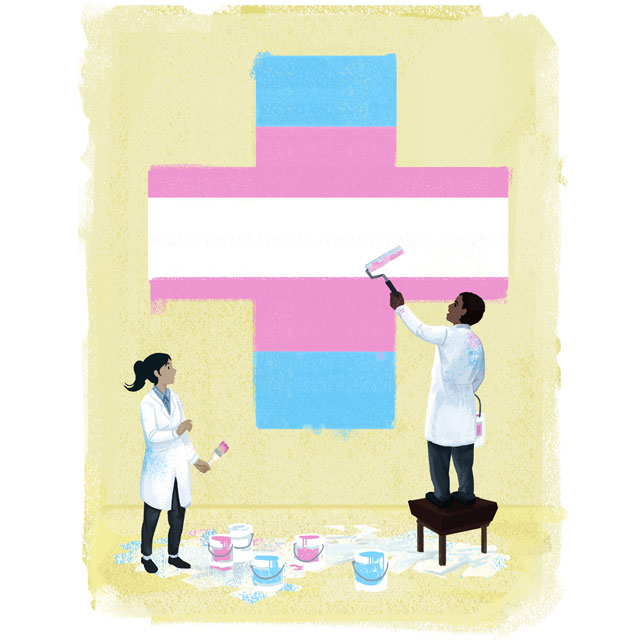
50% refuse to attend to an LGBT patient, yet 84.7% admit that they lack the skills and sufficient knowledge needed to approach an LGBT client, 93.1 % haven’t received any training or education about homosexuals and homosexuality, and 63.9% would be willing to receive training with this regard. (El Kak et al, 20.09).
Despite the sincere and remarkable efforts that are being made by NGOs such as Proud Lebanon for example, the above mentioned numbers made it quite overt that the health status in our country is still steered by and based on outdated and non-empirical basis, while evidence based practice especially in this regards is unfortunately is an absent foundation.
With the scarcity of the underpinnings that are required for proper health practice, reliability, ethicality, accuracy, and quality of health care and health care practitioners in our country is regrettably at question.
In order to repair this abnormal, unacceptable, and preposterous situation, education should be the first line treatment, since qualified, informed, and up to date health care professionals are the vital prerequisite to establishing a decent and hence affective health care system.
